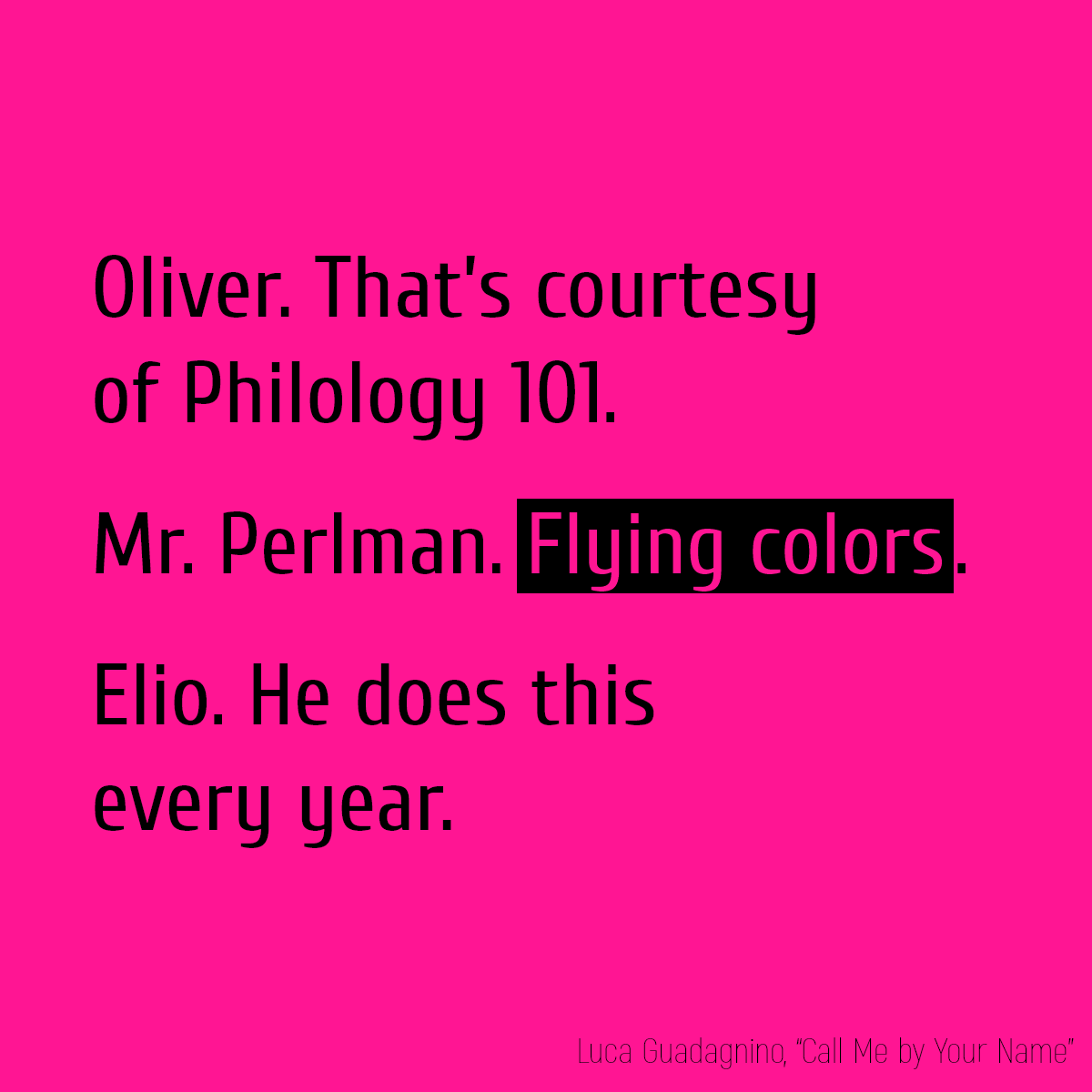Вино из абрикосов
Песня про современное Средневековье напомнила, как отменили Арми Хаммера.
К счастью, до этого он успел сняться в «Call Me by Your Name». Это один из редких случаев, когда кино лучше книги, и лучше почти всех фильмов о любви, что я видела. А ещё там есть сцена про этимологию:
Mr. Perlman. The word “apricot” comes from the Arabic. It’s like the words “algebra,” “alchemy,” “alcohol.” It derives from an Arabic noun combined with the Arabic article “al” before it. The origin of our Italian “albicocca” is “al- barquq.” It’s amazing that today in Israel and many Arab countries, the fruit’s referred to by a totally different name, “mismish.”
Oliver. I may have to disagree with you there, Professor.
Mr. Perlman. Uh?
Oliver. I’m gonna talk etymology, so just bear with me a second. You’re right in the case that most Latin words do find their origins in Greek words. However, in the case of “apricot,” it’s a little bit more of a complicated journey.
Mr. Perlman. Oh. How so?
Oliver. Well, here, the Greek actually takes over from the Latin. Latin word being “praecoquum” or “precoquere.” So it’s, “precook” or “pre-ripen,” as you know. To be precocious or premature. And the Byzantines, to go on, then borrowed “praecox,” which became “prekokkia,” which then became “berikokki,” which is how the Arabs got “al-barquq.”

На словах «flying colors» отец Элио перекрестил Оливера, отправляя в добрый путь — ими можно описать любой успех, но особенно на экзамене. В русской версии «flying colors» перевели как «пятёрка» — студент на отлично прошел проверку, которую профессор устраивал всем своим ассистентам. А я снова вспомнила Джонни Деппа. Полная версия идиомы — «with flying colors», потому что речь про цветные паруса кораблей, одержавших победу в сражении. Savvy?
